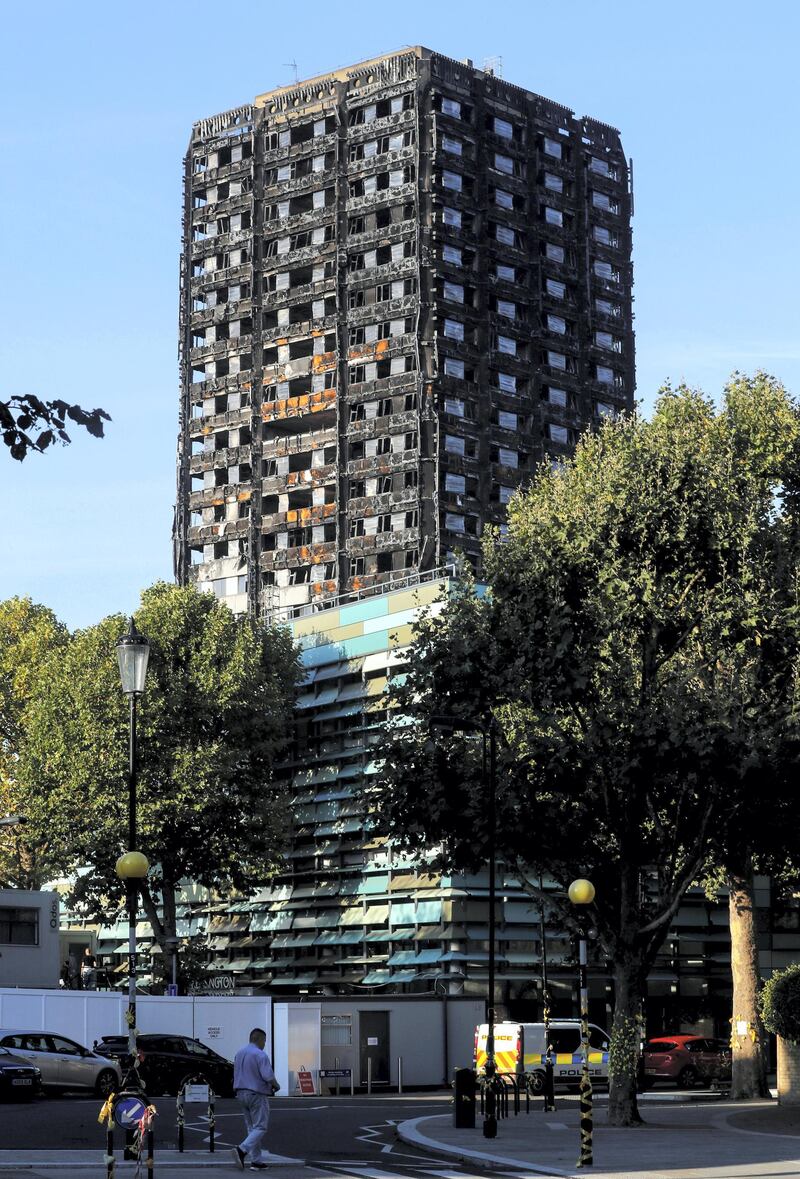British Royal Prince Harry chose a Muslim leader at the centre of efforts to help victims of the Grenfell Tower blaze in London to deliver a national message of inter-faith collaboration.
Abdurahman Sayed, the executive director of the Al Manaar Muslim cultural heritage centre, spoke of how volunteers from all communities came together to help those left homeless following the blaze that killed 71 people.
He was speaking during the ‘Thought for the Day’ slot of Britain’s most influential radio news programme, Today, which was guest edited on Wednesday by Prince Harry, the fifth in line to the British throne.
Prince Harry visited the mosque in September with his brother, William, to see how the centre had housed and fed survivors and ran a professional counselling service.
The prince, who also attended a multi-faith service this month in memory of the victims, had asked Mr Sayed to deliver the religious feature on the programme.
Mr Sayed’s address came after Britain’s Queen Elizabeth, Harry’s grandmother and the head of the Church of England, highlighted the “sheer awfulness” of the fire and the “extraordinary” bravery and resilience” of survivors during her annual Christmas message this week.
The tragedy, which had been predicted by some residents of the state-run residential block because of lax safety measures, highlighted the level of inequality within one of Britain’s wealthiest areas. Many of the victims of the fire were Muslims.
___________
Read more:
[ The Grenfell disaster has highlighted Muslim contributions to community ]
[ Grenfell: survivors joined by royals at memorial held six months after the tragedy ]
___________
Mr Sayed told how the mosque cancelled some religious events to mark the closing days of Ramadan after learning about the fire on June 14. Officials cleared its halls and meeting rooms for the arrival of survivors from the blaze.
“This was a duty that emanates from our faith,” he said. “In the very early morning some survivors came to sleep after a long night of anguish and trauma. We immediately felt in the fire was a tragedy beyond our comprehension.”
He told of taking water and dates to a local church which acted as a charitable hub and allowed faith groups to start building “solid relationships and partnerships for the common good” that could provide the “best possible legacy” from the tragedy.
It is the 14th year that the BBC programme has been guest edited, with Nigerian poet Benjamin Okri among the public figures involved in 2017.





